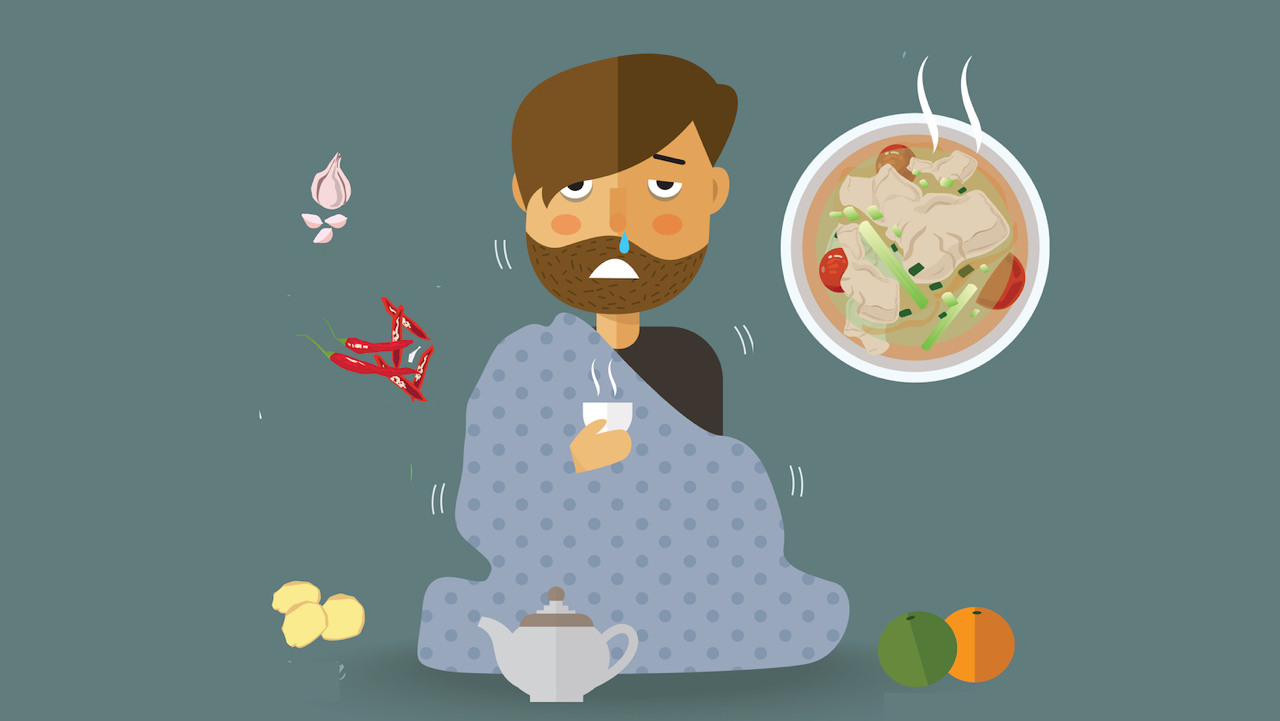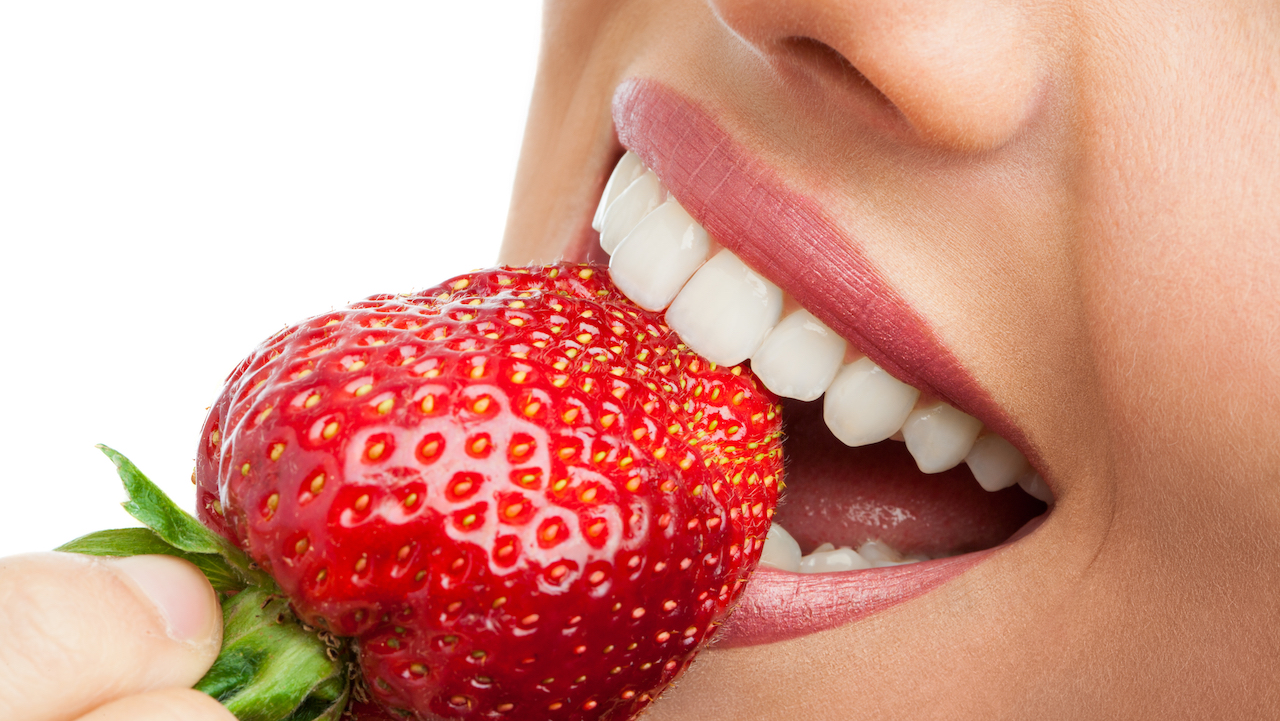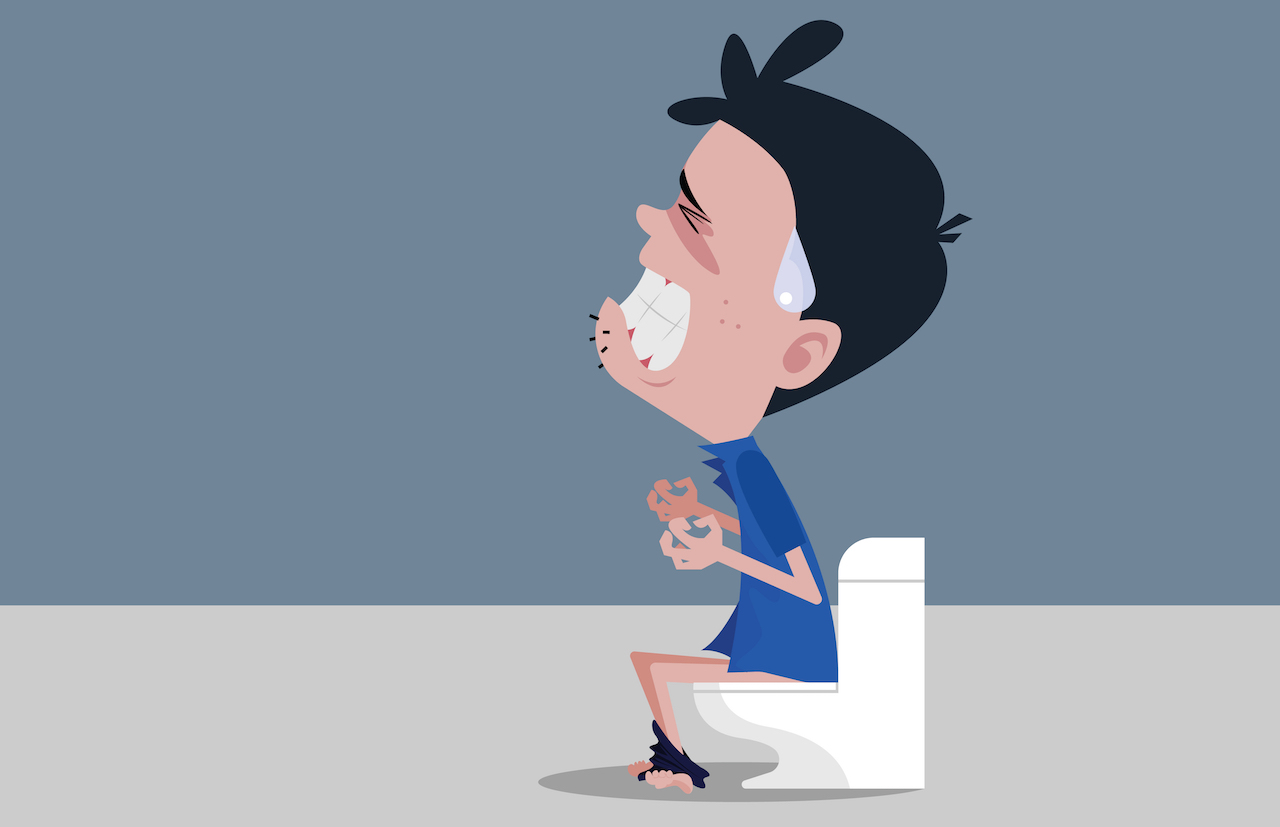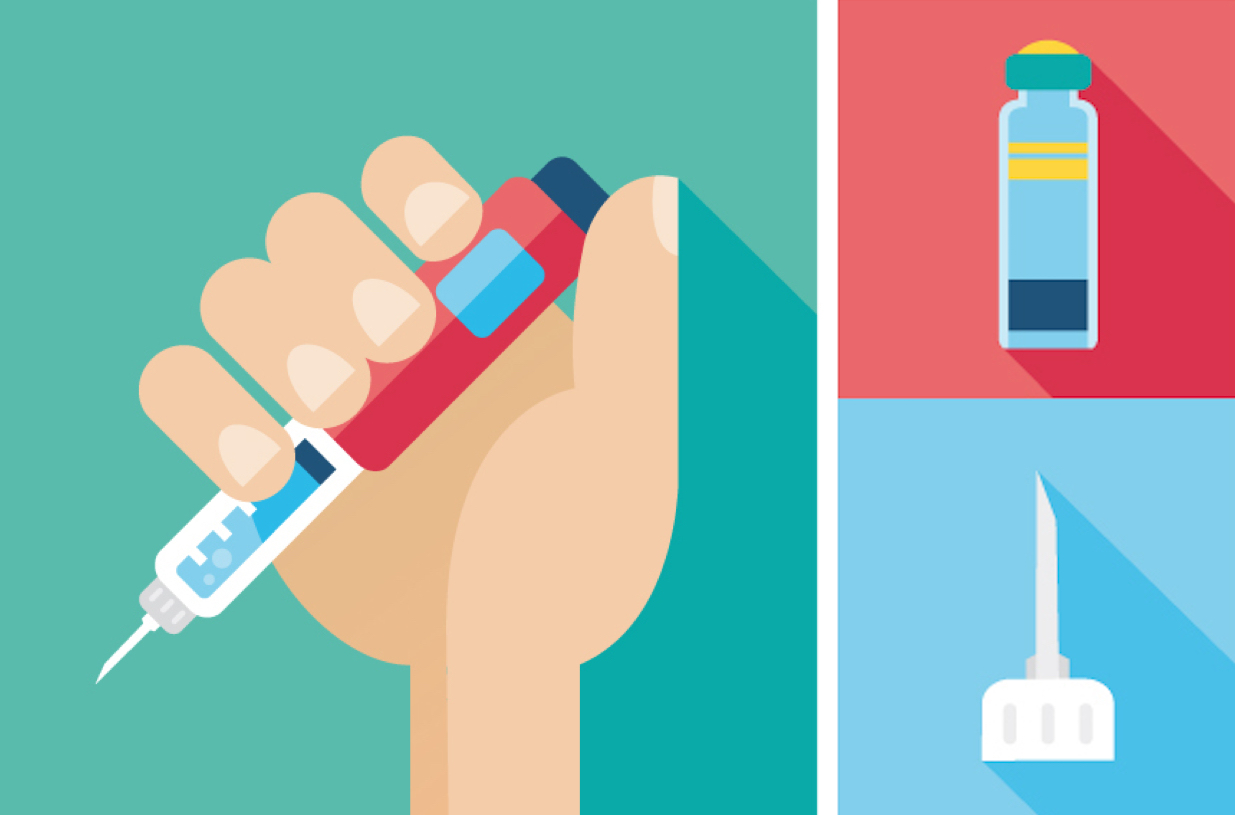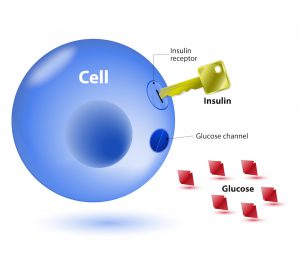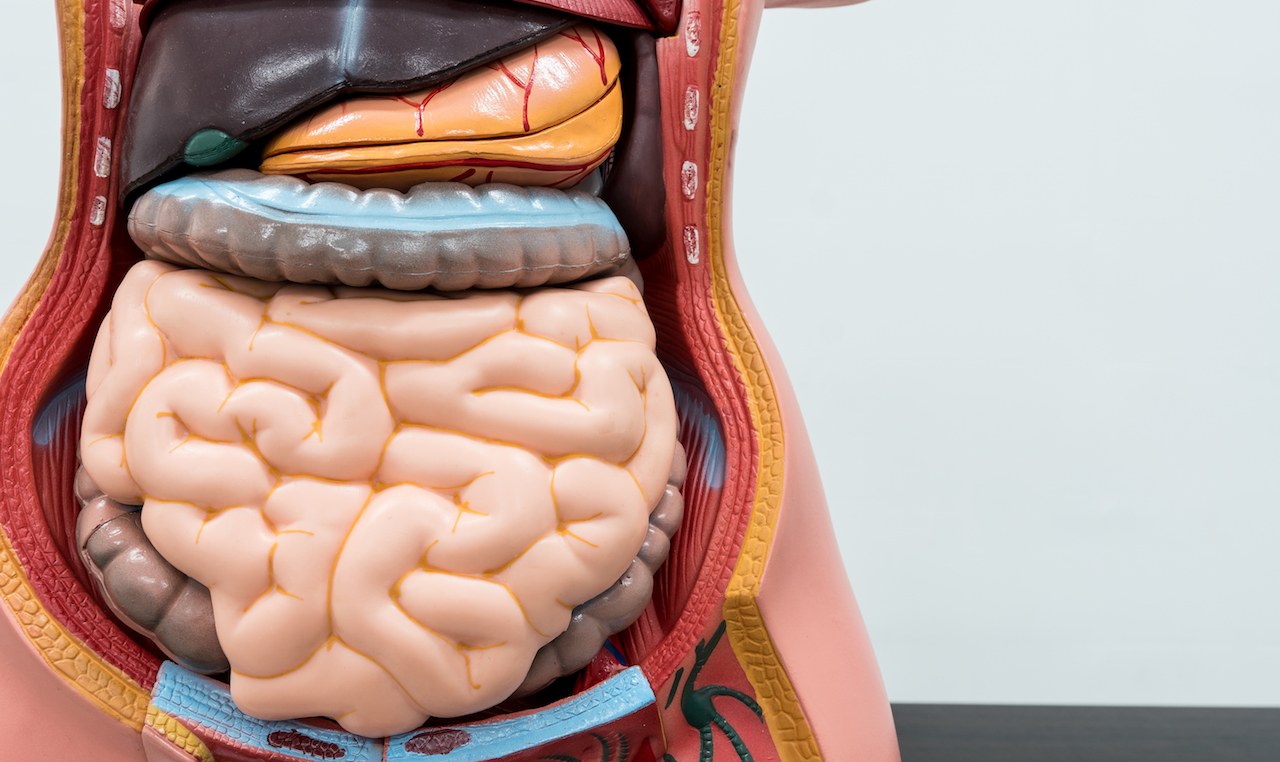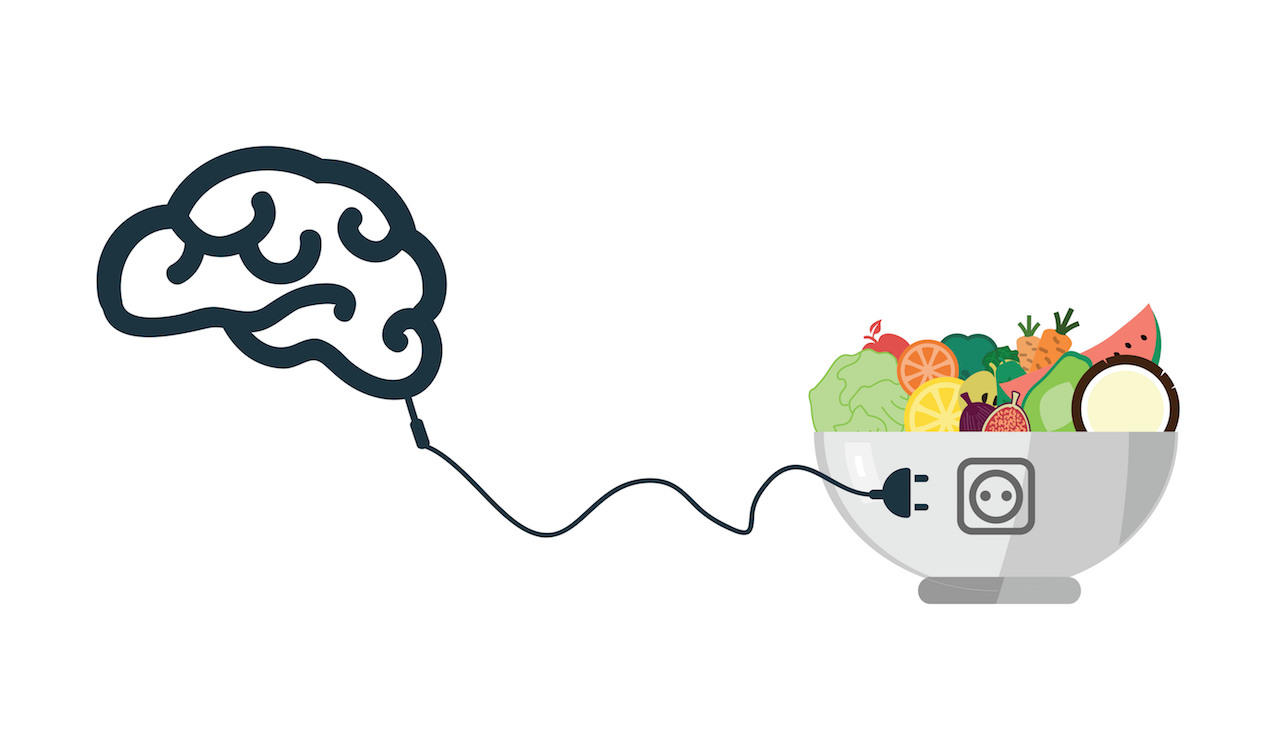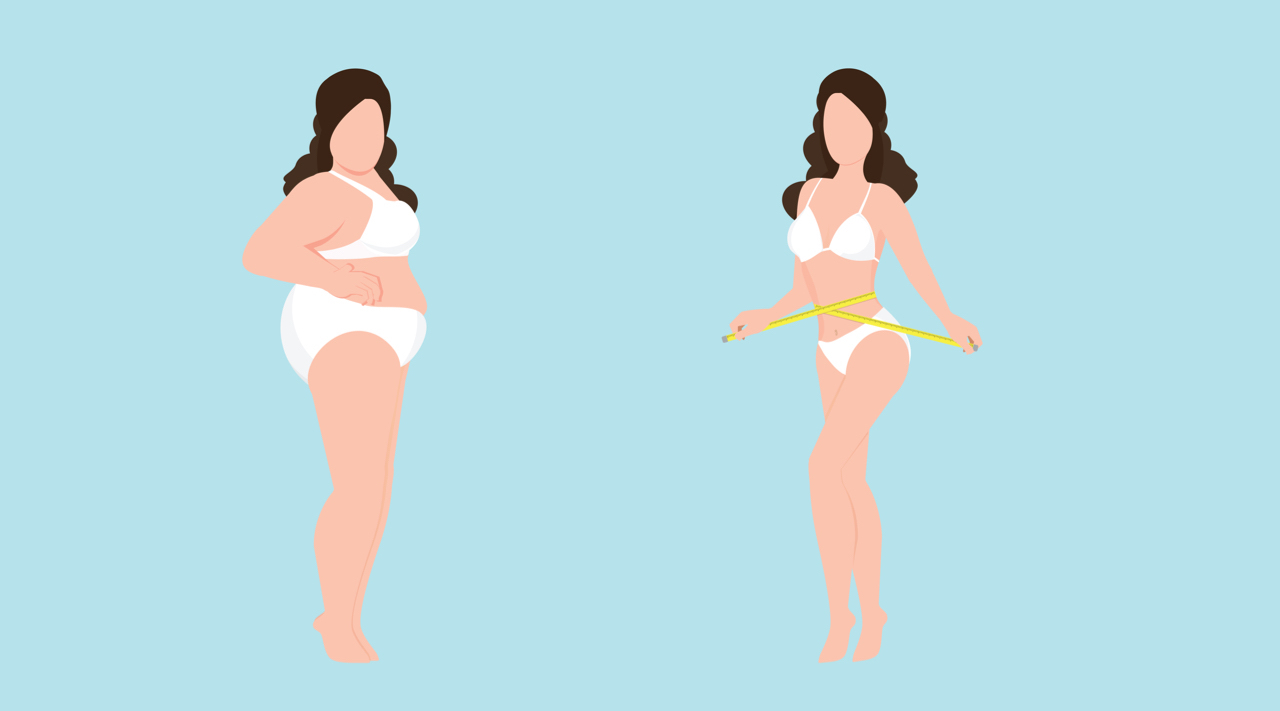Chilly months seem to go hand-in-hand with colds and flu.
There’s the inevitable itch in your throat, coughing, headache – and of course, the sniffles. Before downing your over-the-counter medication, is it worth trying that old natural remedy: chicken soup? It’s delicious, warm and filled with nutrients – and seems to do the trick.
Here’s why.
Magic liquid
According to studies, cooking chicken releases the amino acid cysteine, which resembles a drug that can treat upper respiratory infections. Even better, when you add vegetables to your soup, you’re adding vitamins too, which ups your flu-fighting capabilities.
Drinking liquid broth soups also speeds up the movement of mucous in your nose. The hot liquid opens up your blood vessels which increases blood flow and allows the mucous to flush everything out. The warm broth not only soothes your throat, it helps you stay hydrated and eases congestion too.
More helpers
- Add garlic to your soup. This pungent ingredient has antibacterial properties that help the immune system fight infections.
- For veggies, choose tomatoes, bell peppers, squash, spinach and broccoli. These health helpers are packed with antioxidants that will help keep your immune system healthy.
- Grapefruit, oranges, and lemons are bursting with nutrients and Vitamin C, which will help fight off the sniffles. Drink water to stay hydrated. Sip on 100% orange juice with pulp. It’s packed with Vitamin C and folic acid, which will give your immune system a boost while quenching your thirst.
- In cold weather, hot ginger tea warms the body.
A word on probiotics
Regulating the good bacteria in your gut can help boost your immune system. Have some yoghurt with your favourite citrus fruits to get a boost of Vitamin C too. Greek yogurt is filled with sickness-fighting probiotics, and packed with more protein than regular yogurt.
Turn up the temperature
- Add a dash of cayenne pepper to your soup or stew. Cayenne pepper is rich in Vitamin C and helps relieve chills, coughs, and congestion. It’s also an antioxidant and antiseptic. You can even stir some into your tea.
- Chilli peppers can ease congestion and reduce swelling around your nose and throat. It will also help thin out your mucous enough for your body to cough or sneeze it away.
- Sprinkle red pepper flakes on your vegetables, grains, chicken, or meat. A little goes a long way. They will boost immunity and open up your blocked nose.
- When you eat spicy foods, your body will naturally loosen the mucous and phlegm that’s clogging your body and you might be able to breathe a little easier.
- Stay away from spicy foods if you have an irritable stomach; it may only aggravate your symptoms.
References:
- https://www.sciencedaily.com/releases/2000/10/001018075252.htm
- https://www.ncbi.nlm.nih.gov/m/pubmed/11035691/
- https://dailyburn.com/life/health/immune-system-foods-colds-flu/
- https://www.honeycolony.com/article/8-foods-natural-remedies-fight-colds-flu/
- https://www.news-medical.net/health/Ginger-Health-Benefits.aspx
- https://www.everydayhealth.com/cold-and-flu/foods-that-fight-colds.aspx
- https://www.drsinatra.com/chicken-soup-for-the-lungsa-natural-cold-flu-treatment

